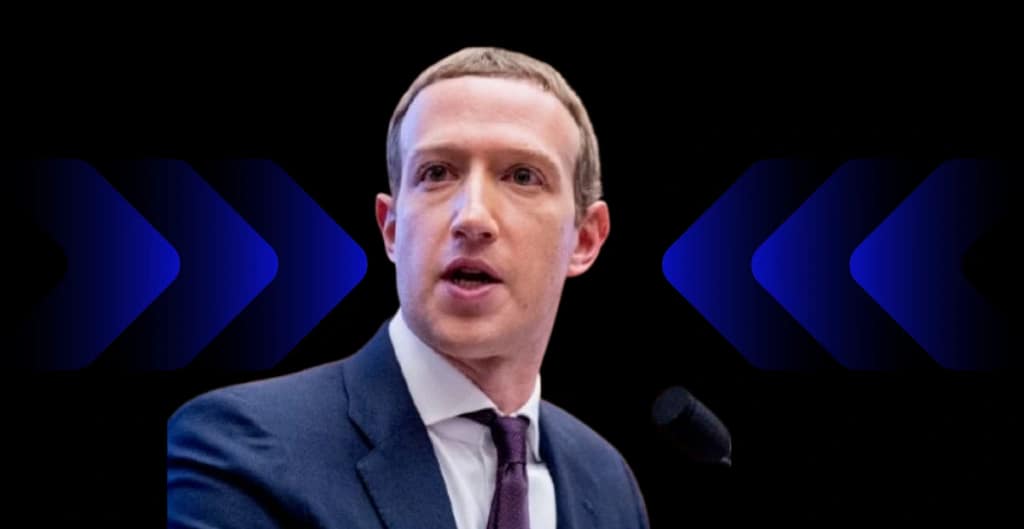When news broke that Perplexity AI, a young startup often described as an OpenAI rival, offered to buy Google Chrome for $34.5 billion, the tech world was stunned. Chrome is not just another app. It is the world’s most popular web browser with billions of users across different devices. The idea that a three-year-old company could make such a massive offer for a product that sits at the heart of Google’s dominance in the internet space feels almost unbelievable.
But this is exactly what happened, and the story has raised important questions about technology, competition, and the future of the internet.
To make sense of this, we need to look at who Perplexity is, why Google Chrome is such a big deal, and what might happen if a deal like this ever went through. Even if it never happens, the story shines light on the growing pressure on Google and the bold ambitions of startups in the age of artificial intelligence.
Who is Perplexity AI?
Perplexity AI is a fast-rising startup that focuses on building AI-powered search tools and recently launched its own browser called Comet. Unlike traditional search engines, Perplexity positions itself as a question-and-answer engine that delivers direct responses, summaries, and research help without requiring endless clicks.
The company has quickly attracted attention as one of the strongest challengers to OpenAI and even Google Search. With its valuation currently estimated between $14 billion and $18 billion, it has managed to raise billions in funding, and it continues to expand its influence in the AI space. However, despite its success, it remains a young company compared to giants like Google or Microsoft.
This makes its bid to buy Google Chrome for $34.5 billion even more surprising, since the offer is worth more than the entire company itself. For many analysts, this signals that the move may not only be about actually buying Chrome but also about getting worldwide attention.
Why Google Chrome Matters
Launched in 2008, Google Chrome quickly grew to become the dominant browser across the world. Today, Chrome controls more than 60 percent of the global browser market, making it the go-to choice for billions of users on desktop, mobile, and tablets.
For Google, Chrome is not just a browser. It is a powerful tool that keeps people connected to Google Search, Gmail, Google Docs, and other services. Through Chrome, Google maintains its advertising empire by directing traffic to its platforms. Losing Chrome would mean losing one of its biggest advantages in the digital ecosystem.

Facebook’s $8 Billion Privacy Lawsuit: What It Reveals About Big Tech in 2025
Chrome also forms the foundation for other browsers through Chromium, its open-source base. Microsoft Edge, Opera, Brave, and several others depend on Chromium, which shows how deeply Google’s browser technology is embedded in the internet.
Because of its importance, Chrome has been a focus in ongoing antitrust cases in the United States. Regulators have argued that Google’s control over both search and the browser market gives it an unfair monopoly. This is part of the reason why Perplexity’s offer has made headlines—it connects directly with debates about competition and user choice on the internet.
Perplexity AI’s $34.5 billion all-cash bid to buy Google Chrome was announced in August 2025. The startup said it would keep Chrome’s open-source Chromium project alive, continue to let Google remain the default search engine, and invest an additional $3 billion over the next two years to improve the browser.
On the surface, this may sound like a win-win situation. Users would keep Chrome as they know it, Google would still benefit from search traffic, and Perplexity would gain access to a massive user base. But in reality, the offer raises more questions than answers.
For one, Google never said it was selling Chrome. The company has consistently argued that being forced to sell its browser would hurt users, damage security, and reduce innovation. Chrome is a critical part of its strategy, and giving it up would be almost unthinkable.
At the same time, Perplexity’s valuation is less than half of the offer it made. This raises doubts about how realistic the proposal is. Where would the money come from? Could it secure the financing? Or is this simply a publicity stunt meant to grab headlines and remind the world that Perplexity is ready to play on the biggest stage?
What Could Happen If Google Accepted
While it is unlikely that Google would sell Chrome, it is still interesting to imagine what could happen if the deal went through.
For users, the experience could change depending on how Perplexity integrated its technology. Chrome could become smarter, with built-in AI tools that help people search, write, and navigate the web more easily. Privacy policies might also change, depending on how Perplexity decides to handle user data.
For Google, losing Chrome would be a major blow. Without control of the browser, it would lose one of its biggest channels for driving traffic to its search engine. This could hurt its advertising business, which relies heavily on keeping users inside its ecosystem. Google would still benefit if it remained the default search engine, but its dominance could weaken over time.
For Perplexity, owning Chrome would be a game-changer. Overnight, it would move from being a startup to a tech giant with billions of users. It could use Chrome to push its own AI search tools and compete directly with Google and Microsoft on a global scale. It could also boost adoption of its browser Comet, or even merge it with Chrome.
For competitors like Microsoft Edge, Firefox, and Safari, the impact would depend on how users responded. If Chrome remained stable under Perplexity, its market share might stay the same. But if users lost trust or disliked changes, it could open opportunities for competitors to grow.
Is This Realistic or Just Publicity?
Most experts believe the offer is more about publicity than reality. Google has not put Chrome up for sale, and forcing such a divestiture through court orders would take years. Even if regulators did demand changes, Google would likely fight to keep Chrome or at least keep enough control to protect its core business.
Read Also: Trump Leads AI and Energy Summit: What It Means for America’s Tech Future
That said, Perplexity’s move is not without strategy. By making the offer public, the startup has positioned itself as a bold challenger to big tech. It shows that Perplexity is not afraid to step into the spotlight and compete with giants like Google and Microsoft. It also cleverly connects its name with ongoing antitrust cases, which could help it gain credibility in public debates about the future of the internet.
In short, whether or not it actually buys Chrome, Perplexity has already achieved something valuable: attention.
Perhaps the most interesting part of this story is what it tells us about the future of browsers. For years, browsers have been simple tools to visit websites. But in the age of AI, that is changing.
Companies like Perplexity, OpenAI, and even Google itself are turning browsers into smart assistants. Instead of just typing a search and clicking through pages, users can now ask questions and get direct answers, summaries, or even full explanations. This trend shows that browsers are becoming more than gateways, they are becoming active partners in how people use the internet.
If Chrome ever did change hands, it could accelerate this shift. Perplexity could integrate its AI deeply into Chrome, making browsing faster and more personalized. It could also reshape the advertising market, since AI-driven browsing may reduce the need for traditional search ads.
This is why the $34.5 billion offer matters, even if it never succeeds. It reflects a larger battle between big tech companies and new AI players for the future of online experiences.











lugimswrlivzegmupzolzrkxzhqtlu
Давно хотел почитать про этот материал, и тут нашёл на
вашем сайте важный текст!
vqkzeyroemusyrxxuykgmsfgwlmluj